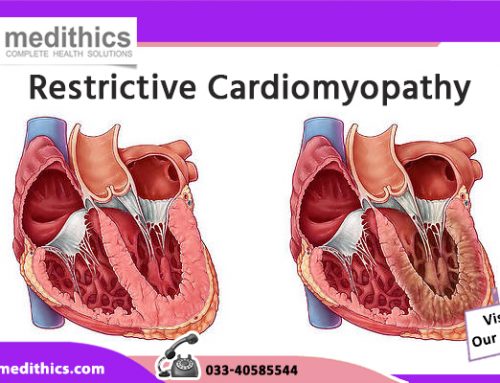The other term for heart-related chest pain is angina. There may also be a pain in other body parts such as shoulders, neck, back and arms. Inadequate blood supply to the heart muscle, which deprives the heart of oxygen, causes this pain. The angina is of two types, stable and unstable.
When you feel considerable stress or have physical exertion, stable angina occurs. It normally doesn’t worsen over time and there is also little change in its frequency. The occurrence of unstable angina can be during rest or with stress or exertion. The pain gets worse in frequency and severity. The meaning of this condition is there are severe blockages in the arteries that supply blood and oxygen to your heart.
You must consult the best cardiologist in Kolkata as an attack of unstable angina is a serious condition. There can be heart failure, heart attack or arrhythmias if you don’t have proper treatment of unstable angina. These conditions can prove fatal.
Causes
Coronary heart disease is a major cause of unstable angina. This mainly happens when there is a build-up of plaque along the artery walls. The arteries become rigid and narrow. There is not enough blood flow to the heart as a result of this. You have a feeling of chest pain when the heart muscle doesn’t get enough blood and oxygen.
Risk factors
- Obesity
- Diabetes
- High low-density lipoprotein (LDL) cholesterol
- Low high-density lipoprotein (HDL) cholesterol
- High blood pressure
- A family history of heart disease
- Being male
- Sedentary lifestyle
- Any form of tobacco
The risk of unstable angina is more in men aged 45 years and above and women aged 55 years and above.
Symptoms
The pain or discomfort in the chest:
- Comes suddenly
- Can happen when you are resting, sleeping or with little physical exertion
- Lasts longer in comparison to stable angina
- Does not go away with rest or medicine
- May worsen as time passes
- Can cause a heart attack
Diagnosis
A heart doctor in Kolkata will check your blood pressure and carry out a thorough physical exam. You may need to undergo the following tests:
- Electrocardiogram: This test helps to detect reduced blood flow by showing the patterns in your heartbeat.
- Echocardiography: The doctor gets to know the problems in blood flow from the images of the heart produced by this test.
- Blood tests: If there is any damage in the heart muscle, these tests can detect the presence of cardiac biomarkers (troponin) and creatinine kinase in the blood.
- Stress tests: This test can easily detect angina while you walk on a treadmill or ride a stationary bike. Your heart pumps harder and faster as a result of the exercise.
Coronary angiography, computed tomography angiography and heart catheterization are some other important tests.
Treatment
Medication, surgery and lifestyle changes are the treatment options for unstable angina. A cardiology doctor in Kolkata often recommends consuming a blood thinner medicine. There will be a smooth blood flow through your arteries if the blood is not so thick. You may also have to take drugs to reduce cholesterol levels, blood pressure, arrhythmia symptoms and anxiety.
There may be the need for angioplasty to open up a previously blocked artery. The doctor suggests heart bypass surgery in some cases. In this procedure, the surgeon redirects the path of the blood flow away from a blocked artery. This results in improved blood flow to your heart.
Besides all these, making changes in your lifestyle is also very important.





